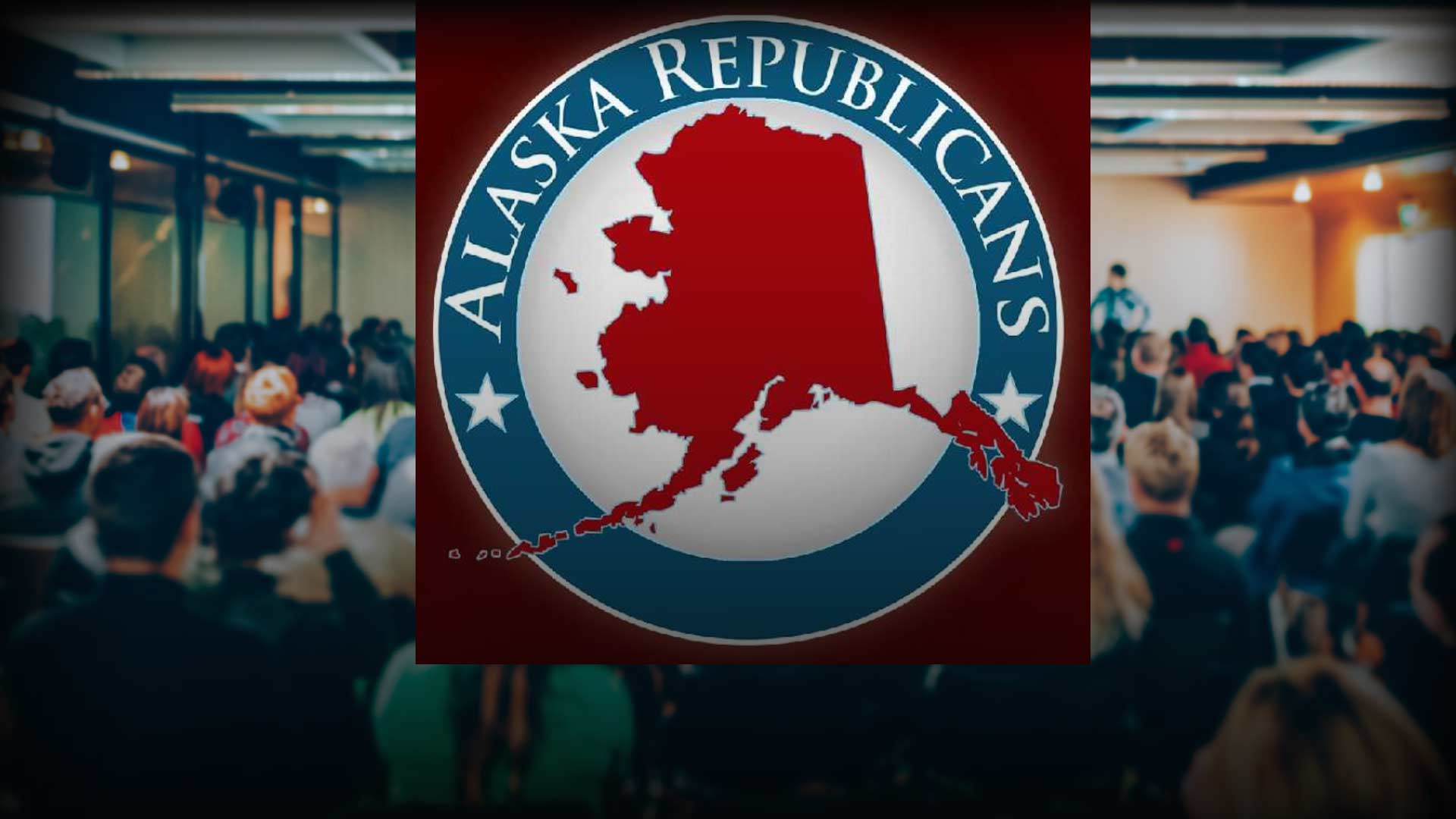
Alaska’s population showed minimal growth over the past decade, increasing by a mere 23,160 in-state residents since 2010.
On April 26, the U.S. Census released its population count for all 50 states. The data represents tallies as of April 2020.
Alaska now has a resident population of 733,391 with another 2,690 who live overseas. In 2010, there were 710,231 residents with another 11,292 oversees. Overall, there are 14,558 more Alaskans compared to 2010.
The state grew by just 3.3% over the past decade, putting it as 36th fastest growing state in the union. Overall, Alaska fell one place and is now the 48th most populated state, beating out only Vermont (643,077 residents) and Wyoming (576,851 residents). North Dakota, with 779,094 residents, is just ahead of Alaska.
NATIONAL POPULATION
Nationwide, the population is 331,449,281. This represents people in all 50 states and the District of Columbia. The resident population increased by 22,703,743 or 7.4% from 308,745,538 in 2010.
The most populous state is California with 39,538,223 people, but Texas gained the most by adding 3,999,944 people. The fasted growing state was Utah, which grew by 18.4%.
The new population counts will be used to appropriate seats in the U.S. House of Representatives. The apportionment population consists of the resident population of the 50 states, plus the overseas military and federal civilian employees and their dependents living with them overseas who could be allocated to a home state.
After the 1790 Census, each member of the House represented about 34,000 residents. Since then, the House has more than quadrupled in size (from 105 to 435 seats), and each member will represent an average of 761,169 people based on the 2020 Census. That means Alaska would need to more than double its current population in order to get another member in the U.S. House of Representatives.
Upon receipt of the apportionment counts, the president will transmit them to the 117th Congress. The reapportioned Congress will be the 118th, which convenes in January 2023.
Texas will gain two seats in the House of Representatives. Five states will gain one seat each (Colorado, Florida, Montana, North Carolina, and Oregon) and seven states will lose one seat each (California, Illinois, Michigan, New York, Ohio, Pennsylvania, and West Virginia).







5 Comments
It won’t matter. Liberals leave their old shitty cities and move to red states and turn those cities into the same liberal shit hole that they were claiming to escape. Seats don’t matter.
I agree!
Your so right! These liberals don’t like what they created in there old state.
By voting in bad people, making stupid laws. Then they move to another state, thinking it’s going to get better. But there Sheep following the small group of Liberal Sheep in these red states. Then more liberals move into that state. To vote out the normal God fearing people of that state. Then they move again. There freaky, afraid, sheep following people. They need to take off there Blinders ( something that prevents someone from gaining a full understanding of a situation)
They are a like cancer
Personally I’m glad the population didn’t grow too much.